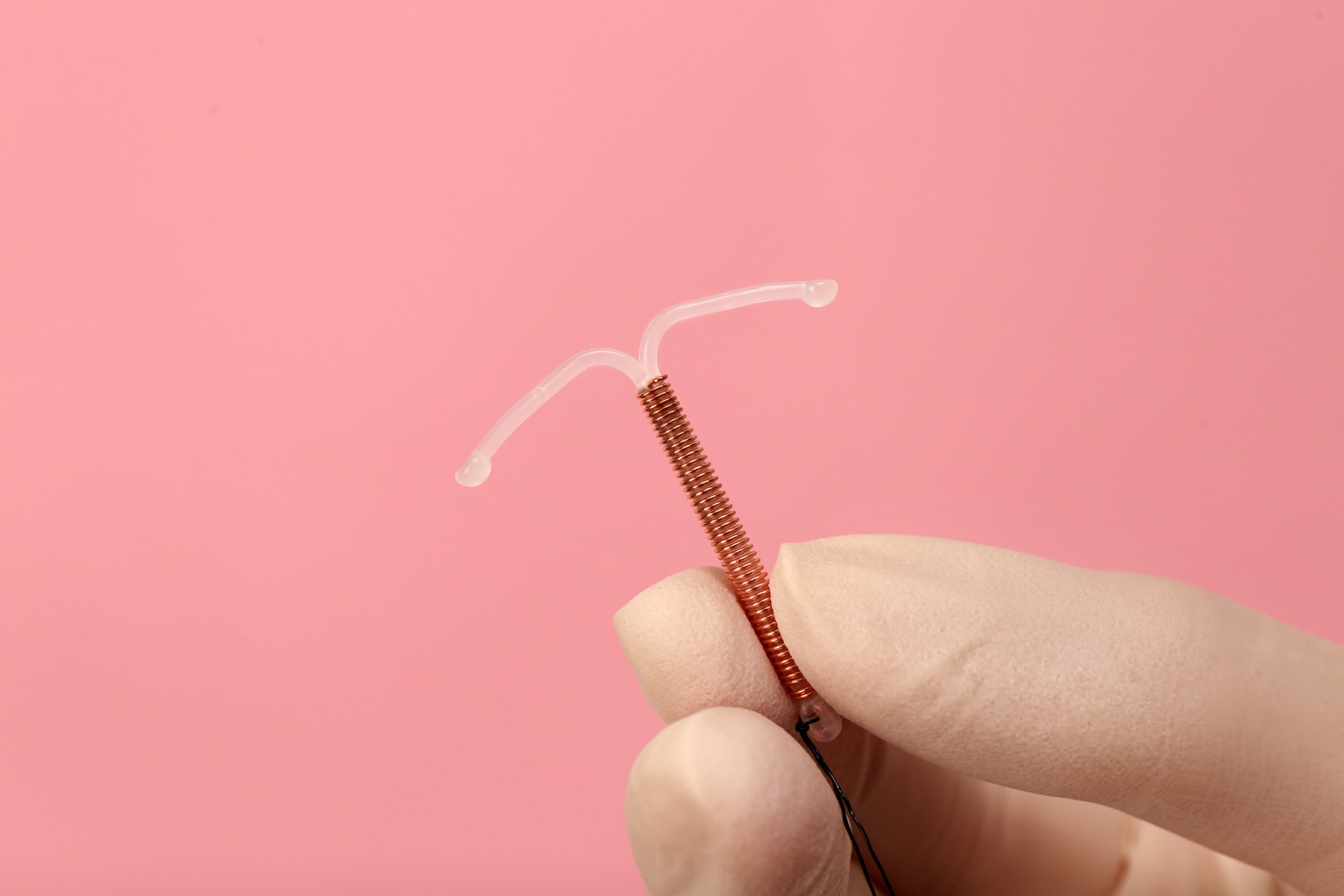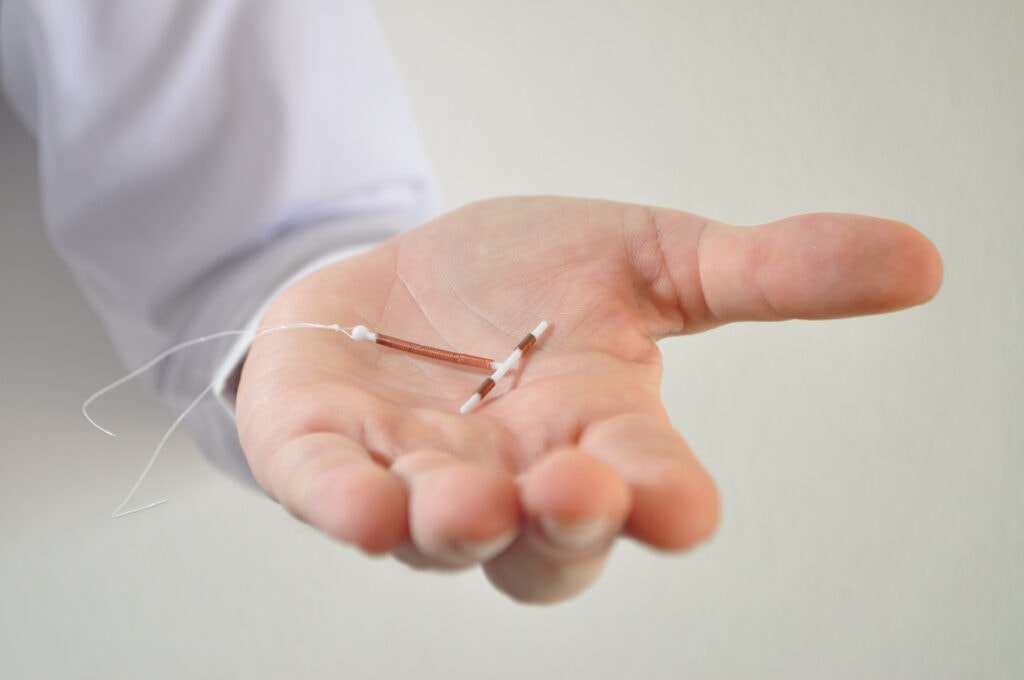Physical Address
304 North Cardinal St.
Dorchester Center, MA 02124

In this article, we’ll guide you through the process of donating eggs with an IUD.
Key Takeaways:
Can you still donate with an Intrauterine Device (IUD)? The answer is yes! Having an IUD doesn’t automatically disqualify you.
However, if you have a hormonal IUD, it may need to be removed before the procedure. This is because the hormones from the IUD can affect the egg donation medications and the overall health of your body.
Non-hormonal IUDs, on the other hand, can typically remain in place during the egg donation process without affecting the procedure or medications.
Research found that women undergoing egg retrieval can keep their non-hormonal IUDs in place without concerns for negative outcomes for the eggs retrieved in a cycle.
“Our research team was excited to learn that patients can rest assured they can keep their IUDs in place without worrying about the impact of eggs retrieved. This important research can help many women take that next step toward preserving their fertility to help build their future family.”
Source: New fertility research shows that IUDs do not reduce the number of eggs retrieved following ovarian stimulation
An IUD is a T-shaped plastic implement designed for insertion into the uterus as a contraceptive method. There are two primary types of IUDs: one coated with copper (non-hormonal) and the other that releases progestin (hormonal). Both varieties are effective in hindering sperm from fertilizing an egg, thereby preventing pregnancy.
If your IUD is non-hormonal (copper-covered), it does not need to be removed before donating eggs. Non-hormonal IUDs function by preventing sperm from fertilizing the egg, and they do not interfere with the egg donation process.
Hormonal IUDs, such as Mirena, Skyla, Kyleena, and Liletta, may need to be removed before beginning an egg donation cycle. Hormonal IUDs can interfere with the egg donation process by stopping ovulation and affecting the medications used in the procedure. This lack of a normal menstrual cycle means fertility doctors can’t time procedures appropriately or stimulate adequate egg production. However, hormonal IUDs can be reintroduced after the donation process is complete.

When donating eggs with an IUD in place, you may need to temporarily stop using hormonal birth control before starting the egg donation cycle. The length of time between stopping and when you can donate depends on the method of birth control you are using.
Talk to your doctor to know for sure whether your IUD interferes with normal menstruation to a degree that donation would be inadvisable or impossible. If so, they can discuss your options, for example, temporarily removing the IUD in order to donate eggs. Each clinic may also have additional or slightly different policies regarding IUDs that you’d need to review.